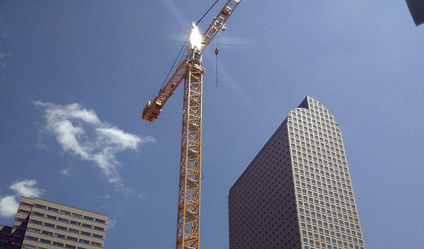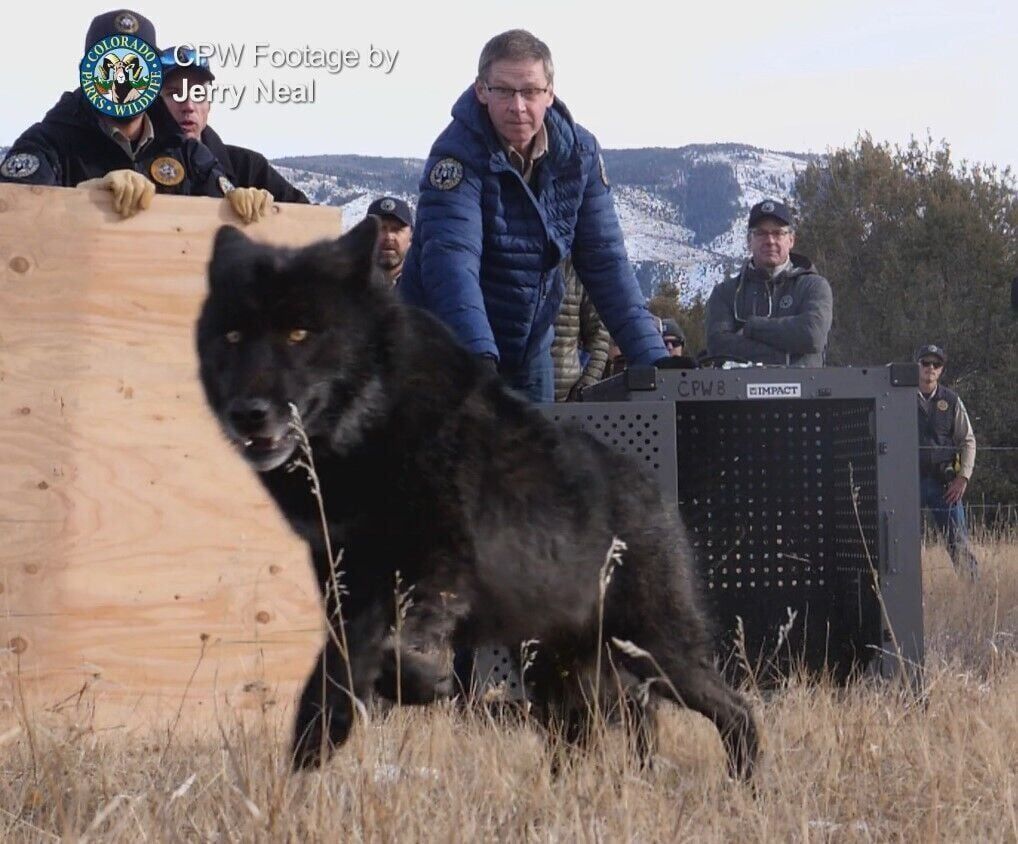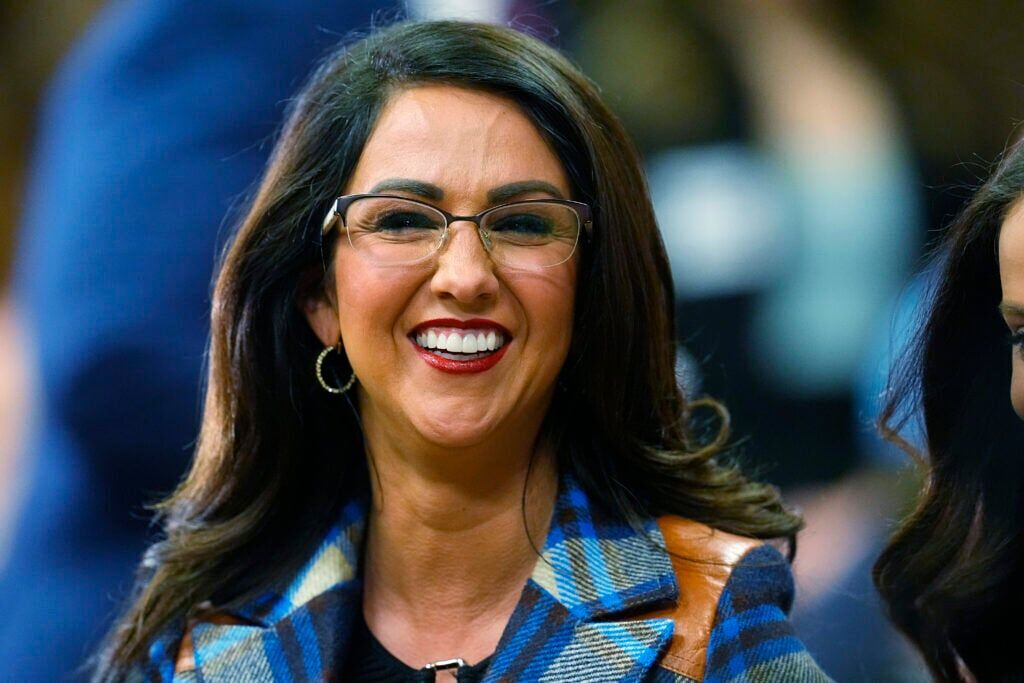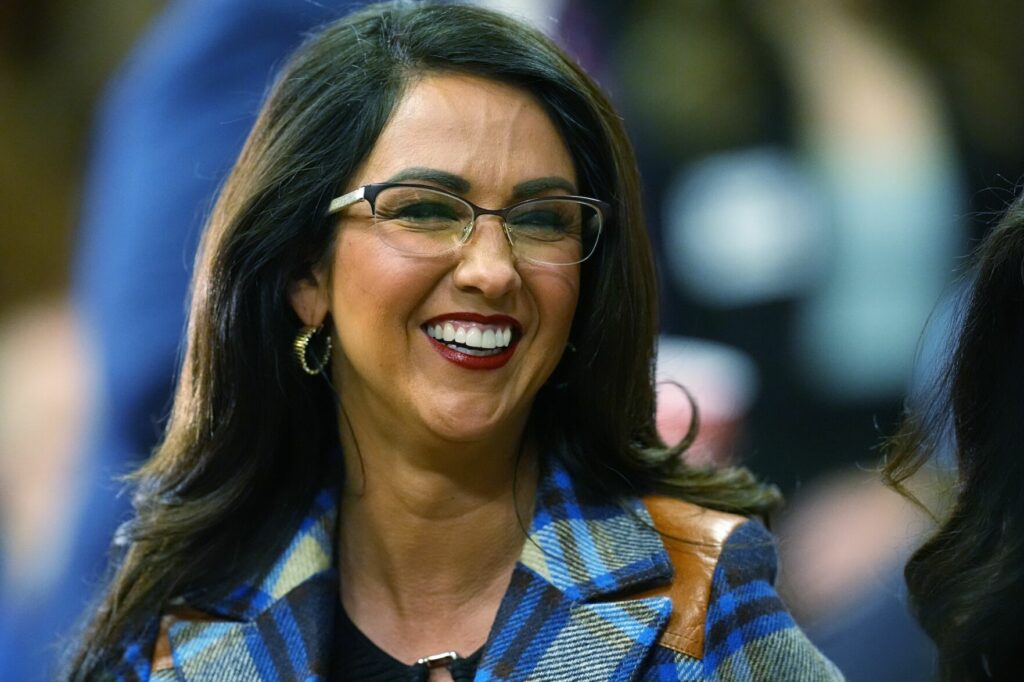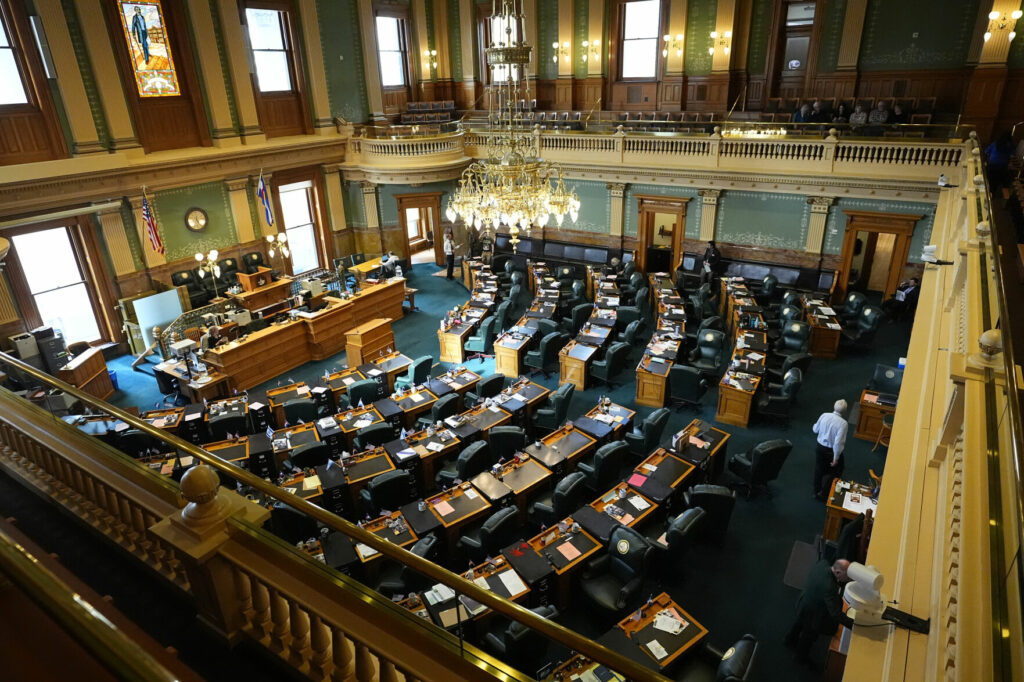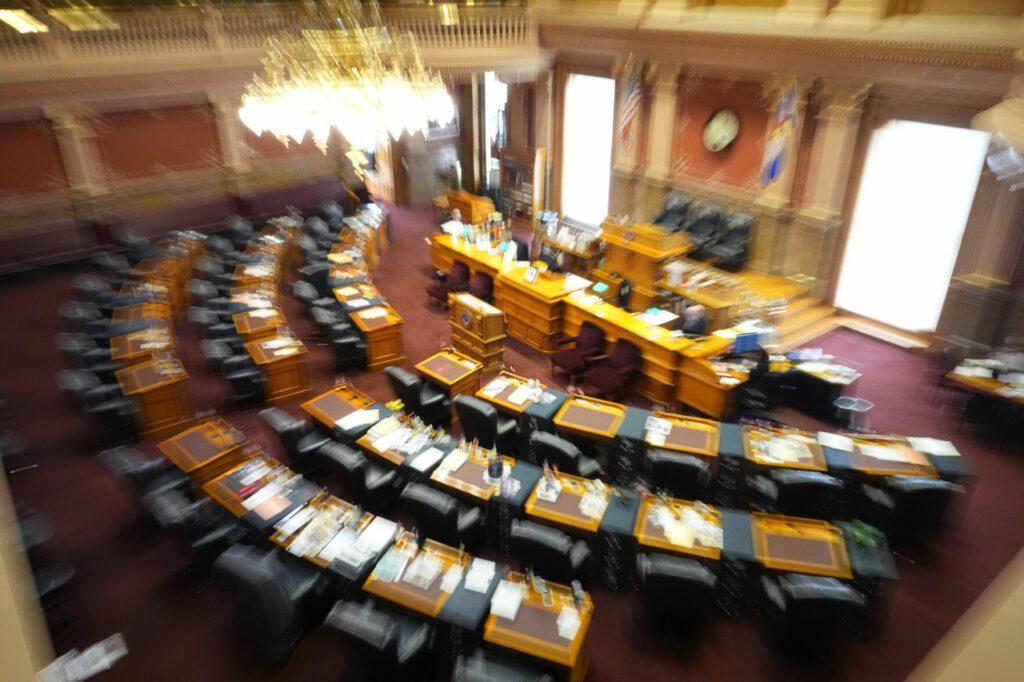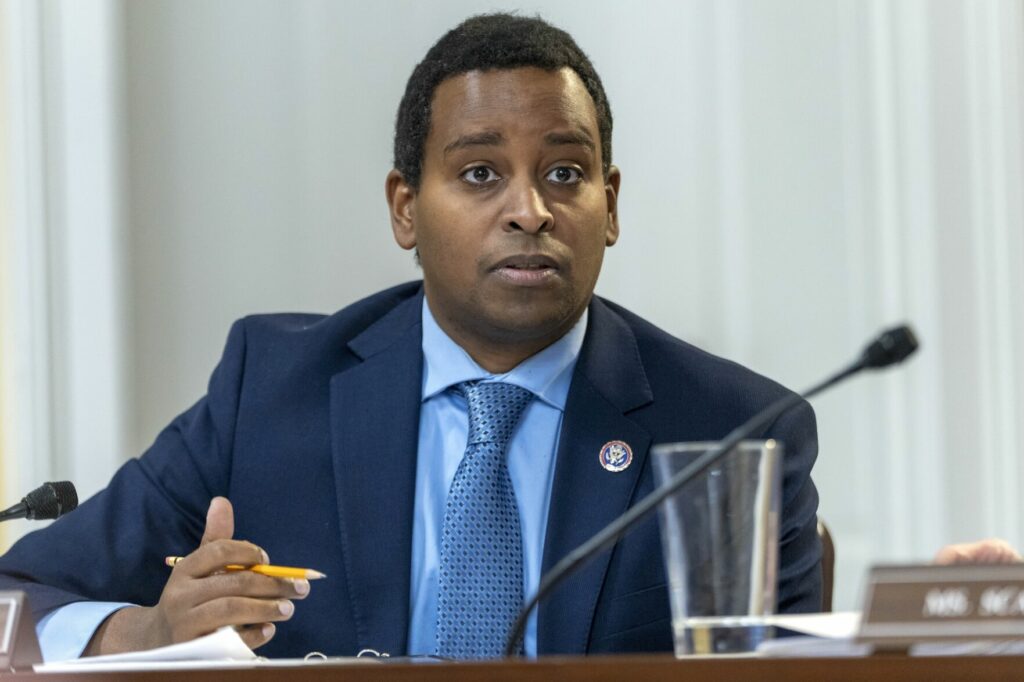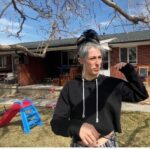Q&A with Becky Bolinger | Colorado’s assistant state climatologist reflects on a dozen years of service
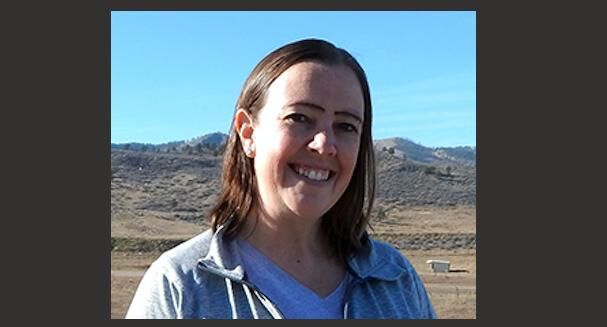
Becky Bolinger grew up loving Colorado, but has spent enough time elsewhere to see the effects of climate change in a variety of environments.
She’s been a climatologist with the Colorado Climate Center at Colorado State University for a total of 12 years. She’s served for seven as the assistant state climatologist, and spent another five years before that at the center as she worked on her PhD at CSU.
While she’s seen how climate impacts the Great Lakes and the southeastern United States, it’s Colorado’s climate that has fascinated her for years.
Colorado Politics: How did you get interested in being a climatologist? Who influenced you in this area? Who has made the biggest impression on you in your career?
Becky Bolinger: I always had an interest in the weather. But during my meteorology classes at Metro, I realized that while everyone else was obsessed with looking at forecasts, I was more interested in looking at the past data for Denver. That’s when I realized my passion for climatology.
I would say that my parents had the biggest influence on my career path. I watched them struggle with money and in jobs they didn’t like. That drove me to go to college, so that I could do something I wanted to do.
CP: How does the Climate Center influence state policy on climate?
Bolinger: We don’t actively influence decision-making at the state level. It’s important for us to simply present the science. Decisions could be made based on the information we provide, but our expertise is not in what the decisions should be.

CP: What do you see as the biggest changes for Colorado’s climate since you’ve been at the Climate Center? What do people not know about climate that they should pay attention to?
Bolinger: Probably the biggest changes I’ve seen unfolding are in the area of wildfire. During my PhD, we had bad wildfire seasons in 2012 and 2013. But nothing really compared to what we experienced in 2020. Or the Marshall Fire in 2021. I think recent wildfires have been a glimpse into how climate change is evolving and impacting Colorado.
Thankfully, we live in a state where people pay attention. We have media that’s very engaged in the topic and frequently reports on it. And people who live here care about what’s going on outside their own homes. That awareness is a super important piece of addressing the issues.
CP: Have we gone past the point of no return on climate?
Bolinger: I’m more the optimist type and tend to avoid terms like “tipping point” or “point of no return.” Because I think there is always something we can do to make things better.
CP: Where do you see the most hope for addressing climate change?
Bolinger: Addressing climate change happens in two ways: first is mitigation and second is adaptation. I think we’re seeing a lot of activity towards mitigation. Many groups (governmental, business, organizations) are looking for opportunities to reduce their carbon footprint. And renewable energy is an exciting emerging field. It’s not going to happen overnight. But I think we’ve already seen some positive outcomes when we actively do things. We’re not on that worst case scenario climate change path anymore.
I also see a lot of positive things happening in the area of adaptation. Especially in Colorado. There are many adaptation and planning documents happening in state and local governments to help communities better prepare for the impacts of a changing climate. And the topic of environmental justice is really taking off and hopefully will be a help to underserved communities.
CP: You got your start looking at temperature conditions in the southeastern US, and your master’s at Florida State University. What do you like about Colorado? What do you think about the current state of climate in the southeastern US?
Bolinger: The southeast is SO different! Not only is the climate different, but the impacts of climate change are different! My advisor at FSU was what some would call a climate denier. So, I had a lot of exposure to that side of the debate. And at the time, we were observing cooling trends at a lot of locations in the southeast. I also focused a lot on why certain stations would show warming trends. It was an important step for me and helped shape my critical thinking skills.
I don’t pay a lot of attention to climate trends in the southeast anymore. But I do know, despite changes in temperature, I think we are seeing an increase in events that become more likely with our changing climate (e.g., sea level rise, tornado seasonality, some aspects of hurricane activity).
I don’t want to get too political. But the thing that concerns me the most about climate change in the southeast is the lack of preparedness by governments. Regardless of the type of extreme event, state governments need to be aware of their climate risks and how to prepare for them. Even on the cold side (Texas in February 2021), shows that not preparing can have devastating impacts.
CP: Advice for Coloradans who aren’t yet paying attention to climate change?
Bolinger: Everyone can be impacted by climate change. It’s not just polar bears and ice caps. Find out what the risks are where you live. Get involved in your local government to see how they’re preparing. Research what you can do to be prepared for your local risks (whether it’s wildfire, drought, floods, etc.).
CP: Why did you stay in Colorado after getting your PhD?
Bolinger: I love Colorado. OK, I get tired of winter. But I like being close to mountains, the drier climate, the sunny days. I particularly love the big exciting blizzards and our wild thunderstorm days!
I had to leave for my postdoc and I was not a fan of Michigan’s climate! I had my daughter in Michigan. And it only took about a month of that for me to know I wanted to get us back to our families and this beautiful state.
CP: What fascinates you the most about Colorado and its climate?
Bolinger: I’m most fascinated by the rich diversity of the climate within our state. The plains, the Front Range, the high mountain valleys, the Continental Divide, the west slope – all have vastly different climates and I love that. I also particularly love that we are a headwater state – it starts in our state and flows out. Makes things very interesting!
Fast Facts:
Grew up in Aurora, third generation Coloradan. Bachelor’s degree in meteorology from Metro State University of Denver. Master’s degree in meteorology, Florida State; PhD in atmospheric science, Colorado State. Also did post-doctoral fellowship at the National Oceanic and Atmospheric Administration in Ann Arbor, Michigan.
Lives in Loveland with husband, 7-year old daughter and 20-year old stepson, who is attending CSU.
CP: Ever hiked a 14er? which one(s)?
Bolinger: In high school, I tried and failed at both Elbert and La Plata. At tree line, I just couldn’t breathe anymore! But I conquered Bierstadt my senior year. Since then, I’ve done Bierstadt again, and both Greys and Torres.
CP: Favorite way to de-stress?
Bolinger: I do my own nails (manicures). It’s such a great thing that I can focus on and not think about anything else! I also love running!
CP: Favorite author/book?
Bolinger: Stephen King is my favorite author. Every year, I make it a habit to read his book, The Running Man. For some reason, that one has always been my favorite.
CP: What was the last book you read for fun? for work?
Bolinger: I used to read for fun all the time, but since having a kid, I’ve gotten out of the habit. But I think the last ones I did were a reread of the Harry Potter series.
I don’t read books for work. More journal articles than anything.
CP: Where do you like to travel?
Bolinger: Vegas is my favorite place! So much so, that we got a condo there. I will probably retire there when I decide I can’t take anymore of Colorado winters.
CP: Pets?
Bolinger: I have a 9-year-old cat and a 3-year-old dog. He’s a little Yorkie and is about the cutest thing ever!
CP:Favorite place in Colorado?
Bolinger: Buena Vista is special for me. My grandparents used to have a trailer up there and we’d go in the summers. It holds a lot of memories. My recent trips around the state, I’ve come to love the drive from Fort Collins to Steamboat. The Poudre Canyon and North Park are just absolutely beautiful!
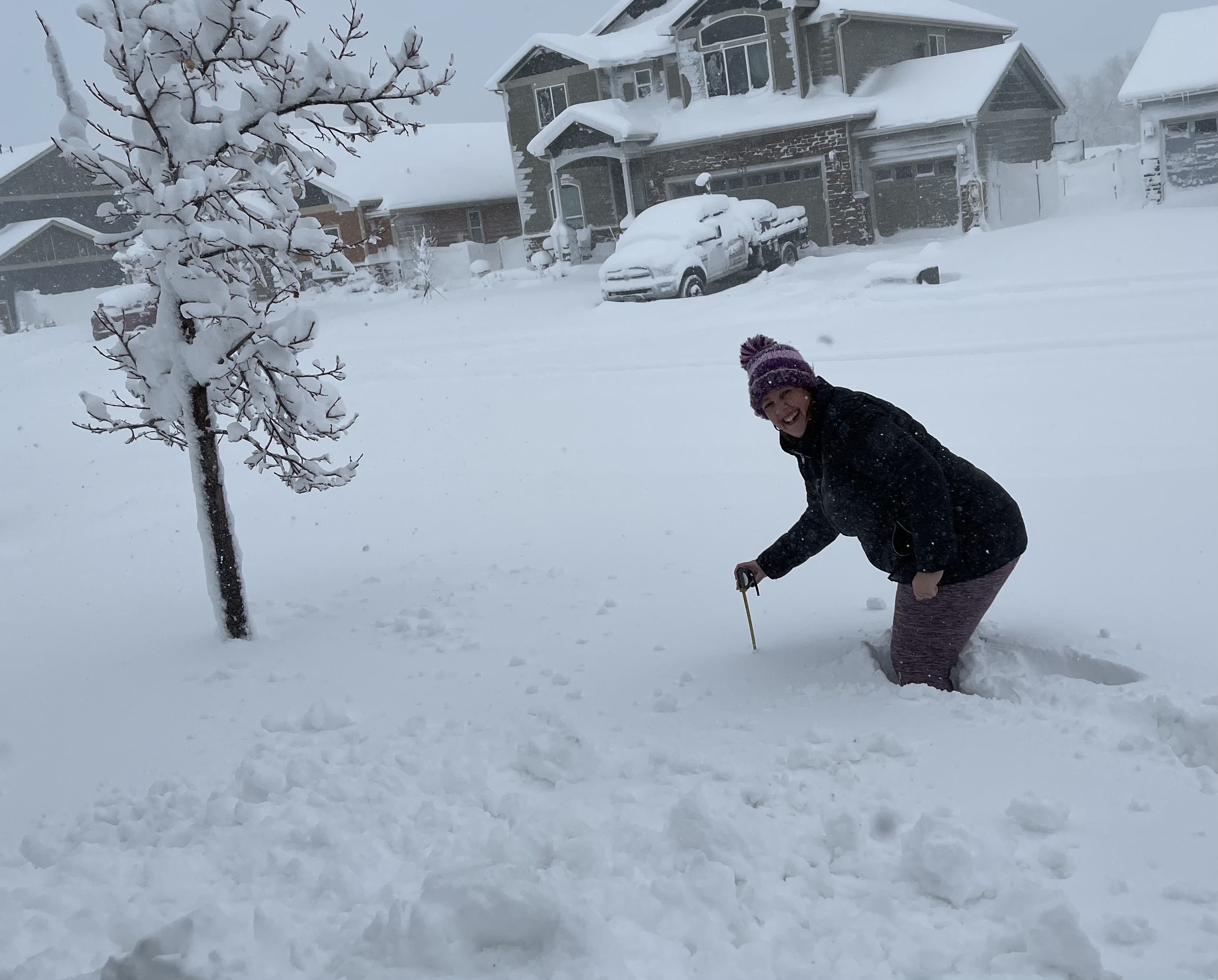
Tags


